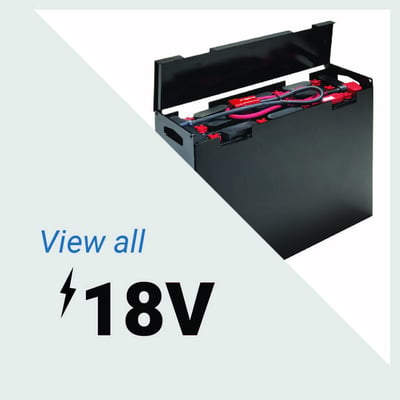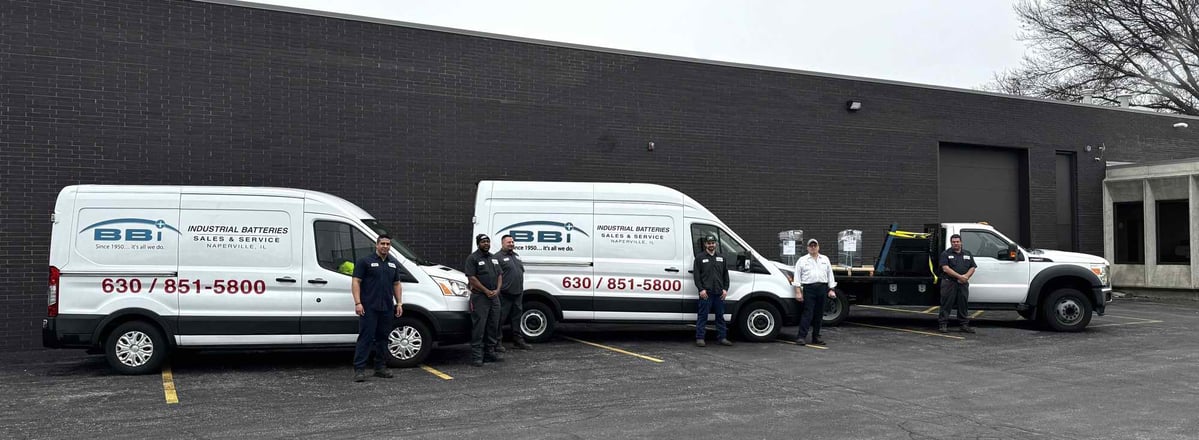
Caring for Forklift Batteries in Cold Climates
Introduction
When it comes to operating forklifts in cold climates, one of the most critical components that often gets overlooked is the forklift battery. These batteries are the backbone of your material handling equipment, powering everything from lifting heavy loads to navigating icy warehouse floors. But did you know that cold temperatures can significantly impact the performance and lifespan of forklift batteries? In this article, we’ll explore how cold weather affects these essential power sources and provide practical tips for caring for forklift batteries in cold climates.
Understanding Forklift Batteries and Their Vulnerabilities
What Are Forklift Batteries Made Of?
Forklift batteries, primarily lead-acid or lithium-ion, are complex systems designed to store and deliver electrical energy. Lead-acid batteries consist of lead plates submerged in sulfuric acid, while lithium-ion batteries utilize a more advanced chemistry that enables higher energy density and faster charging times.
Why Cold Weather Matters
Cold temperatures can wreak havoc on forklift batteries. Here’s why:
Reduced Chemical Reactions: At lower temperatures, the chemical reactions within lead-acid batteries slow down dramatically. When the temperature drops below freezing (32°F or 0°C), these reactions can become sluggish enough to reduce the battery's capacity by up to 50%. This means that if your forklift usually operates at full capacity, it may struggle to perform efficiently under cold conditions.
Increased Internal Resistance: Cold weather increases internal resistance in both lead-acid and lithium-ion batteries, making it harder for them to deliver power when required. This can result in slower lifting speeds and diminished battery life.
Risk of Freezing: Lead-acid batteries are particularly susceptible to freezing if they are not fully charged. A partially charged battery could freeze at around 20°F (-6°C), leading to permanent damage.
Key Performance Metrics Affected by Low Temperatures
When considering the performance of forklift batteries in cold climates, several key metrics are affected:

| Metric | Impact of Cold Weather | |-----------------------|-------------------------------------------| | Capacity | Can drop by up to 50% at freezing temps | | Charge Time | Increases significantly | | Cycle Life | Decreased due to stress on battery | | Efficiency | Drops as internal resistance rises |
Caring for Forklift Batteries in Cold Climates
Best Practices for Battery Maintenance
To ensure your forklift batteries remain reliable and functional during frigid conditions, consider implementing these best practices:
1. Keep Batteries Charged
Always maintain a full charge on your batteries before storing them or leaving them idle for extended periods. A fully charged lead-acid battery has a lower risk of freezing than a partially charged one.
- Tip: Regularly check voltage levels using a multimeter; ideally, you want levels above 12.4 volts for lead-acid types.
2. Insulate Your Batteries
Investing in thermal insulation blankets designed specifically for forklift batteries can keep them warm during extreme cold spells.
- Why Insulation Helps: Insulation minimizes heat loss from the battery itself and helps maintain an optimal operating temperature.
3. Use Battery Warmers
Consider using battery warmers or pads that gently heat the battery without causing any damage.
- How They Work: These devices plug into standard outlets and provide consistent warmth, ensuring that your battery stays functional even when outdoor temperatures plunge.
4. Periodic Maintenance Checks
Routine maintenance checks will help identify any potential issues before they 24 volt flat plate forklift batteries escalate into expensive repairs or replacements.
- Check connections for corrosion.
- Clean terminals with a mixture of baking soda and water.
- Inspect fluid levels; top off with distilled water if necessary (for lead-acid types).
Proper Charging Techniques in Cold Weather
Charging practices also need adjustment during colder months:
Slow Charge First: In frigid conditions, use a slower charging rate initially until the battery warms up slightly.
Avoid Fast Charging: Fast charging can generate excessive heat which may negatively affect battery chemistry under low-temperature conditions.
Regularly Monitor Temperature: Utilize thermometers attached to chargers or smart charging systems that alert you when temperatures dip too low during charging sessions.
Common Questions About Caring for Forklift Batteries in Cold Climates
- Lower temperatures can reduce capacity and efficiency while increasing cycle time degradation over time due to higher internal resistance.
- If frozen, allow it to thaw naturally at room temperature; never attempt rapid heating as this could cause permanent damage.
- It's best practice not to leave forklifts outside when possible; if necessary, ensure the battery is properly insulated or stored inside whenever feasible.
- Absolutely! Regular maintenance ensures longevity and reliability—catching small problems early prevents bigger headaches later on!
- Generally speaking yes! Lithium-ion batteries tend to have less performance degradation compared with traditional lead-acid counterparts under low temperatures due their advanced chemistry properties but still require care!
- Charging frequency depends on usage; however frequent shallow discharges should be avoided as they can shorten overall lifespan—monitor usage closely!
Conclusion
Caring for forklift batteries in cold climates requires vigilance 18 volt flat plate forklift batteries and proactive measures from operators and managers alike! By understanding how temperature affects these vital components—and implementing strategies like keeping them insulated, regularly checking their condition, and adhering strictly to proper charging protocols—you'll ensure that your equipment remains operational no matter how harsh the environment becomes! Remember, maintaining awareness about potential pitfalls will pay off dividends down-the-line through reduced downtime costs associated with unexpected failures! Stay warm out there while keeping those forklifts running smoothly 36 volt flat plate forklift batteries throughout winter seasons ahead!